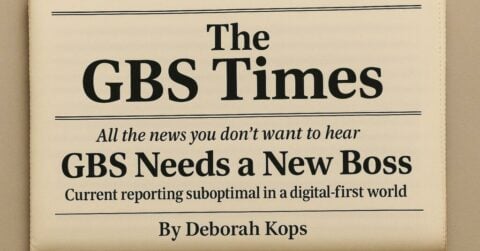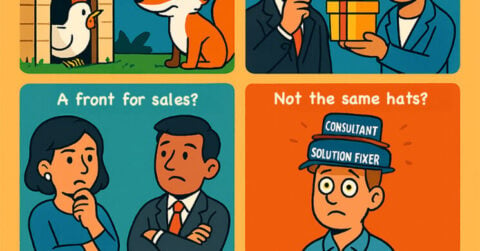
I always pause, and frequently cringe, when buyers in the first months of a new outsourcing relationship say that everything is going well because they are not having any problems. Although a honeymoon period is attractive and lulling, it isn’t reality. Reality is that the success of an outsourcing relationship will not be measured by the absence of problems, but rather by the ability to effectively resolve problems.
Outsourcing engagements are far too long and involve too much change to expect that the need to address misalignment at some point (or many points) during the lifecycle of the agreement will not arise. The sooner the buyer and supplier face this fact and begin proactively dealing with potential problems, the better the relationship will perform over time. Solving problems together is a habit, and it should be intentionally cultivated.
Over the past eight years, I have had the benefit of meeting many winners of Everest Group’s Outsourcing Excellence Awards, which annually recognize excellence in outsourcing relationships between buyers and suppliers. Both the buyer and supplier relationship managers apply for the award, submit to detailed interviews and, if chosen, participate in the annual awards event.
I am consistently struck by how the winners of these awards describe the strength of their relationships in terms of the challenges they have overcome. They are not stories of “love at first sight” followed by “happily ever after.” Additionally, most of the winners seem to have a buyer who is unafraid to point out the ugly in a situation, but then focuses on being constructive in helping address the ugly – whether it be the supplier’s ugly, the buyer’s own ugly or a joint ugly.
Open communication clearly helps enable such a relationship, and aids in creating a mindset of building the relationship to endure and avoiding unhelpful blame games (note this does not mean avoiding addressing root causes). I’ve observed that there are three signs of a positive relationship that has developed the joint habit of effective problem solving:
- Respect for the motivations of the other. As the buyer and supplier develop an appreciation for each other’s motivations, they have the opportunity to develop trust – and trust is critical to a solid, ongoing relationship. Similarly, each must truly respect the motivations of the other. They must not try to over-simplify or argue the motivations, but rather use the understanding to see situations through multiple perspectives. This ability to honestly see through multiple lenses enables generation of more creative solutions for resolving problems.
- Confidence in bringing others into problem solving. The teams managing a relationship are often hesitant to bring others into a problem-solving session. They typically fear this will be viewed as failure on their part, or that it may create unintended and unpredictable outcomes. As a result, most problems stay within the day-to-day team too long, and are raised only as the problem intensifies. By more confidently bringing others into problem-solving efforts, new ideas can be considered more quickly. Additionally, others can often help remove constraints that may be limiting the current problem-solving initiative.
- Humor to keep things in perspective. While problems shouldn’t be taken lightly, they must be kept in perspective. Issues that arise this week, month or quarter will be replaced with others. There will always be new challenges, and the tone with which they are addressed should be as constructive and pleasant as possible. If the tone is negative and unconstructive, human nature dictates that everyone will want to avoid dealing with them! A small bit of humor and being able to poke fun at the situation can help remove the emotional edge and allow everyone to focus their energies on substantive solutions. Besides, if you can’t enjoy working with each other, then something is wrong and needs to change.
Preferring smooth sailing is natural, but not realistic. Not being real about solving problems is the bigger problem – and the one that will linger. Start early in developing the right habits for solving problems and your outsourcing relationship will be stronger and more able to stand the test of time.








